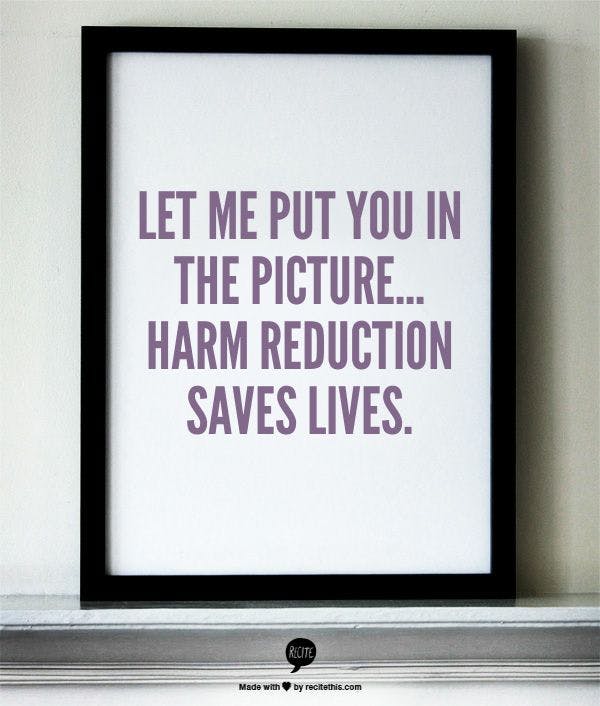5th West Africa executive course on human rights and drug policy
By the University of Ghana School of Law
The University of Ghana School of Law, in collaboration with the Open Society Global Drug Policy Program and Open Society Initiative for West Africa, is inviting applications from Anglophone West Africa only for its intensive 6-day 5th West Africa Executive Course on Human Rights and Drug Policy to be held at the University of Ghana, Legon on July 30- August 4, 2018.
The course aims at developing the competencies of the participants to support their home governments in adopting drug policies which are underpinned by public health and citizen security, anchored in evidence-based harm reduction approaches and backed by laws or practices that are human rights-compliant.
A key character of the course is its inter-disciplinary focus, both of learning and problem solving. It is designed for high-achieving individuals who are engaged, or are interested, in policy formulation relating to drug control generally. Candidates should be people who are highly motivated, inspirational and have the capacity to effect or influence change in their communities. No prior knowledge of human rights and drug policy is required of participants, though such knowledge may be an advantage. Only participants from Anglophone West Africa who reside in the sub-region are eligible to apply. A separate course is organised for Francophone participants later in the year.
Call for Applications
Applications should be submitted to the Admissions Committee, West Africa Executive Course on Human Rights and Drugs Policy, School of Law, University of Ghana, Legon, Accra, Ghana by email only at westafricadrugs2018@gmail.com accompanied by the following documents:
a. Transcript (s) bearing academic qualifications. A minimum of bachelor degree in any field from a recognised university is allowed;
b. Cover letter (1 page) – stating, inter alia, applicant’s leadership credentials, work experience, involvement in community or grassroots activities;
c. Motivation letter (1 page) – outlining the reasons for wanting to take the course and how the knowledge acquired can be taken home and applied to effect change in policy on drugs control;
d. 1-page outline of the drugs problems existing in the applicant’s country of origin;
e. Letters of reference (2) – academic or work-related.
Only selected applicants shall be notified. Notifications will be sent a week after the deadline. Women, youth and members of marginalised groups are encouraged to apply.
Deadline for submission of the Anglophone applications is July 6, 2018.
